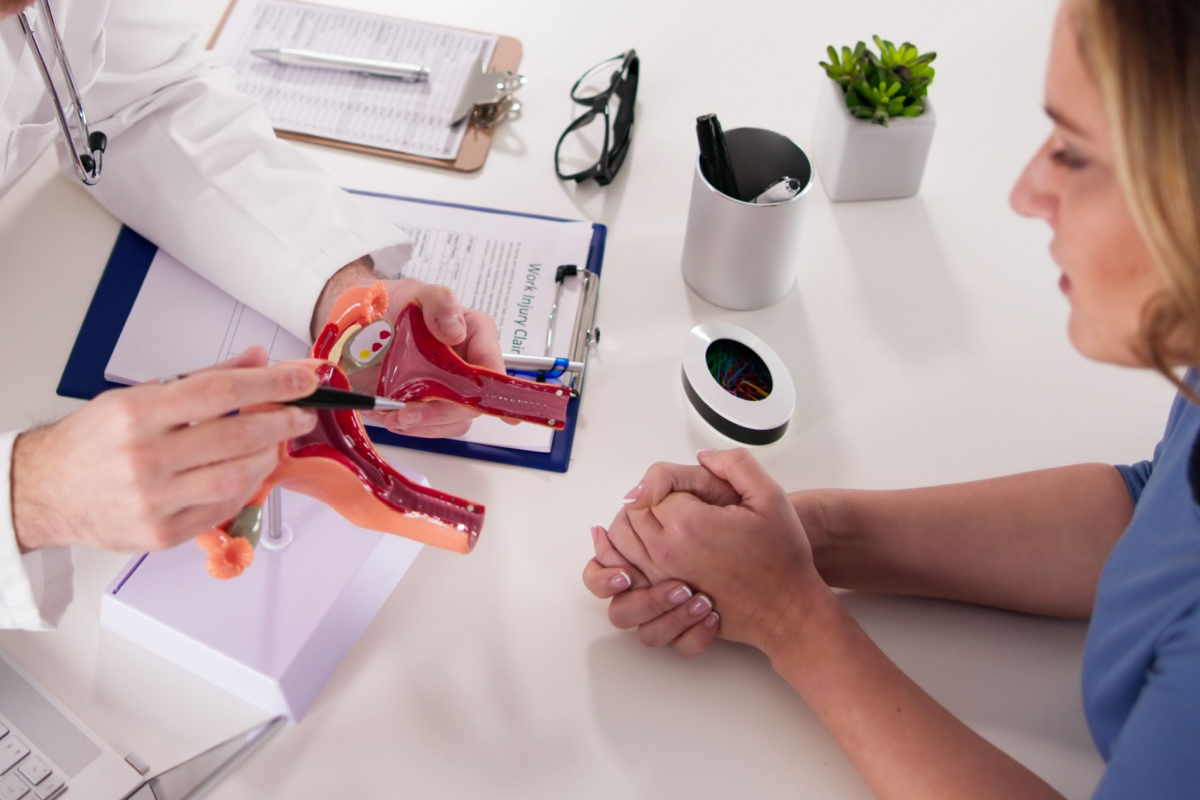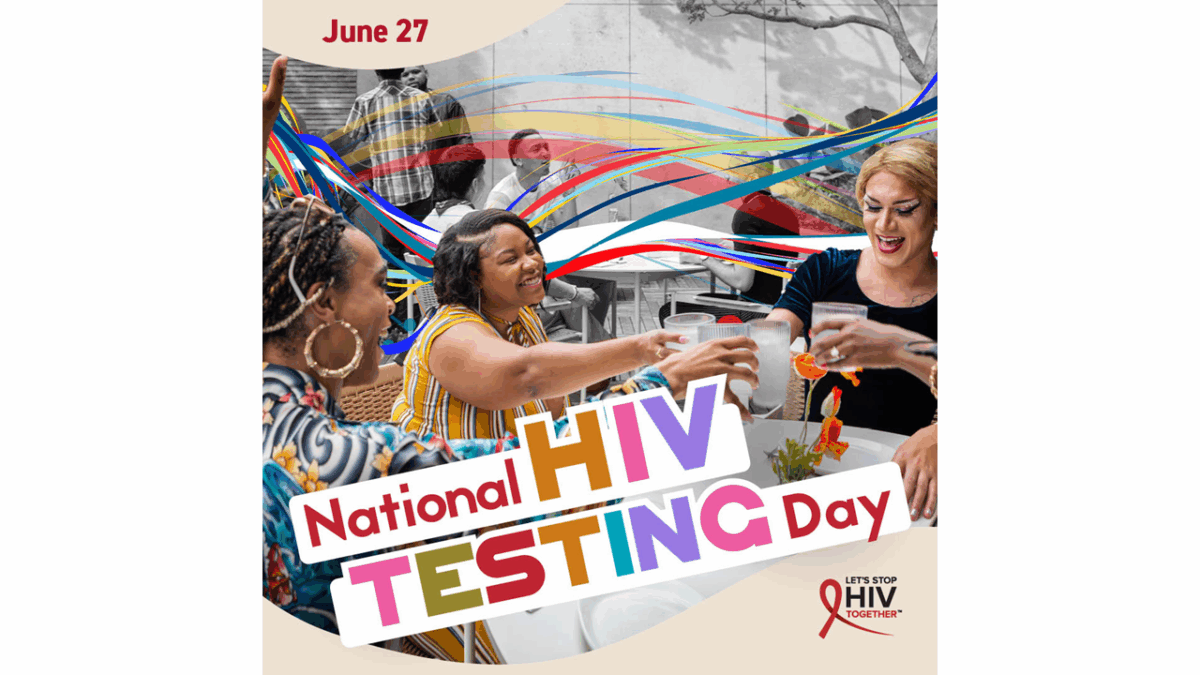While the high price of some drugs can be attributed to the pharmaceutical company’s investment in R&D, innovation and complex manufacturing processes, the cost of other drugs is a reflection of a lack of market competition. Faced with public pressure to solve the issue of rising pharmaceutical costs, key groups – including regulators, politicians and private companies – are each approaching the problem from their own perspective.
US regulators are putting a focus on generic drug approvals as a potential solution to the rising cost of prescription drugs, while some politicians – namely presidential candidate Bernie Sanders – are concentrating on cash incentives as an alternative to the patent system. Finally, compounding pharmacies are emphasizing the merits of per-patient manufacturing to reduce drug costs.
Prioritizing Generics
The US Food and Drug Administration (FDA) recently changed its regulations in an effort to accelerate approval of generic drugs, for which only one supplier currently exists. This change in priorities could prevent future Martin Shkreli-types from inflating the cost of a drug because of their monopoly on the product.
Shkreli – former CEO of Turing Pharmaceuticals – famously purchased the rights to a decades-old, off-patent drug called Daraprim, and subsequently raised the price by a whopping 5,000 percent. Because no other company had FDA approval to manufacture or market the drug, Shkreli sought to cash-in on the lack of competition.
The FDA’s decision to expedite generic drug applications could help introduce some much-needed market competition for sole source drugs like Daraprim. The decision could potentially reduce incentive for pharmaceutical companies to raise prices on drugs that required little-to-no innovation on the part of the company holding the rights to the product.
The agency has already prioritized abbreviated new drug applications (ANDAs) for generic products that introduce the first competition for name-brand versions of the pharmaceutical. According to an email sent to Bloomberg by Sandy Walsh, a spokeswoman for the FDA, the change could speed-up review of up to 125 submissions for generic drugs.
It’s not uncommon for the original pharmaceutical developer of an old patent-expired drug to stop manufacturing the drug and potentially sell the rights to another drug company. When no other versions of a pharmaceutical exist on the market, the company making the drug has tremendous pricing power.
In the case of Daraprim – an antiparasitic drug used to treat toxoplasmosis infections, mainly in immunocompromised individuals co-infected with HIV – Turing acquired the rights to the drug last year from Impax Laboratories, but it had already changed hands a number of times before the acquisition. As the market for the drug is relatively small in the US, generics manufacturers have been reluctant to produce a competitor product.
Without any investment into R&D or clinical trials, Shkreli immediately increased the price-per-dose for Daraprim from $13.50 to $750. As the medication is listed on the World Health Organization’s List of Essential Medicines, the price hike understandably generated a substantial amount of public outrage.
While Turing later recanted the price hike – offering hope that the pharmaceutical company would reduce the price back to normal levels – the company failed to make any significant changes regarding the affordability of the medication. The company later said they would offer the drug to select hospitals at a 50 percent price reduction, though there are still many unanswered questions about eligibility and whether this will be enough to make Daraprim affordable to those patients who need it.
The agency’s new priority review program comes just months after Janet Woodcock, director of FDA’s Center for Drug Evaluation and Research, said the agency would be willing to prioritize generic drug approvals if only one manufacturer were making the drug, or in the event of an impending drug shortage. Woodcock said that the generic submissions would not be expedited in the face of price increases resulting from a monopoly.
The generics industry has steadily been gaining momentum in the pharmaceutical sector, with 88 percent of all prescriptions in the US being filled for generic versions, according to the IMS Institute for Healthcare Informatics. In 2014, the FDA received approximately 1,500 ANDAs, according to Woodcock. Their goal for the current fiscal year, is to evaluate 75 percent of the generic drug applications over a 15 month period.
Cash Prize For Pharmaceutical Innovation
Meanwhile, presidential candidate Bernie Sanders has proposed that the current patent system for HIV/AIDS drugs be replaced with financial incentives for innovation in new drug development. Pharmaceutical companies developing new therapies for the disease would forfeit their right to patent the drug and in exchange, they would be awarded a cash prize from an annual fund of $3 billion.
Under this plan, the FDA-approved drugs would be immediately available for generics companies to formulate cheaper alternatives, thereby improving access to HIV/AIDS medications. Sanders’ plan could also spell the end to pharmaceutical monopolies in the space.
“This plan would break the link between drug development and the rewards for medical research and development,” said Sanders. “In doing so, we will reward true innovation, eliminate the market incentive for copycat drugs and get all HIV/AIDS treatments to the people who need them at generic prices.”
The issue of pharmaceutical pricing and affordability has been a hot topic among presidential candidates in the 2016 US election. Hillary Clinton has also expressed her disapproval of pricing practices in use by companies like Turing and Valeant.
It’s unclear how the $3 billion in funding would be distributed to multiple companies with innovative HIV/AIDS drugs, and whether the financial incentive would be enough to replace the company’s projected earnings, if they held on a patent on the drug. If it’s adopted by the industry, this kind of regulation could be a major benefit for generics manufacturers.
Compounding Pharmacy Alternatives
At the height of the Shkreli pricing scandal, Imprimis Pharmaceuticals – a California-based pharmaceutical compounding company – announced their plan to develop a generic version of Daraprim. What’s more, the company said they’d sell the drug for as low as $1 per pill.
“This is not the first time a sole supply generic drug – especially one that has been approved for use as long as Daraprim – has had its price increased suddenly and to a level that may make it unaffordable,” said Mark L. Baum, CEO of Imprimis, in a statement. “Today, some drug prices are simply out of control and we believe we may be able to help control costs by offering compounded alternatives to several sole source legacy generic drugs.”
Imprimis is a compounding company producing customizable formulations of drugs for each patient with a doctor’s prescription. Their drugs are not approved by the FDA – a fact that could limit patient reach.
As such, the FDA’s new generics review regulations won’t apply to the company’s alternative to Daraprim. It’s currently unclear whether other generics manufacturers will step up to manufacture a generic version of Turing’s pricey drug, and take advantage of the FDA’s fast-track program.
Do you think the FDA’s priority review program for generics will have a positive or negative impact on the pharmaceutical industry? Share your thoughts in the comments section below!











Join or login to leave a comment
JOIN LOGIN